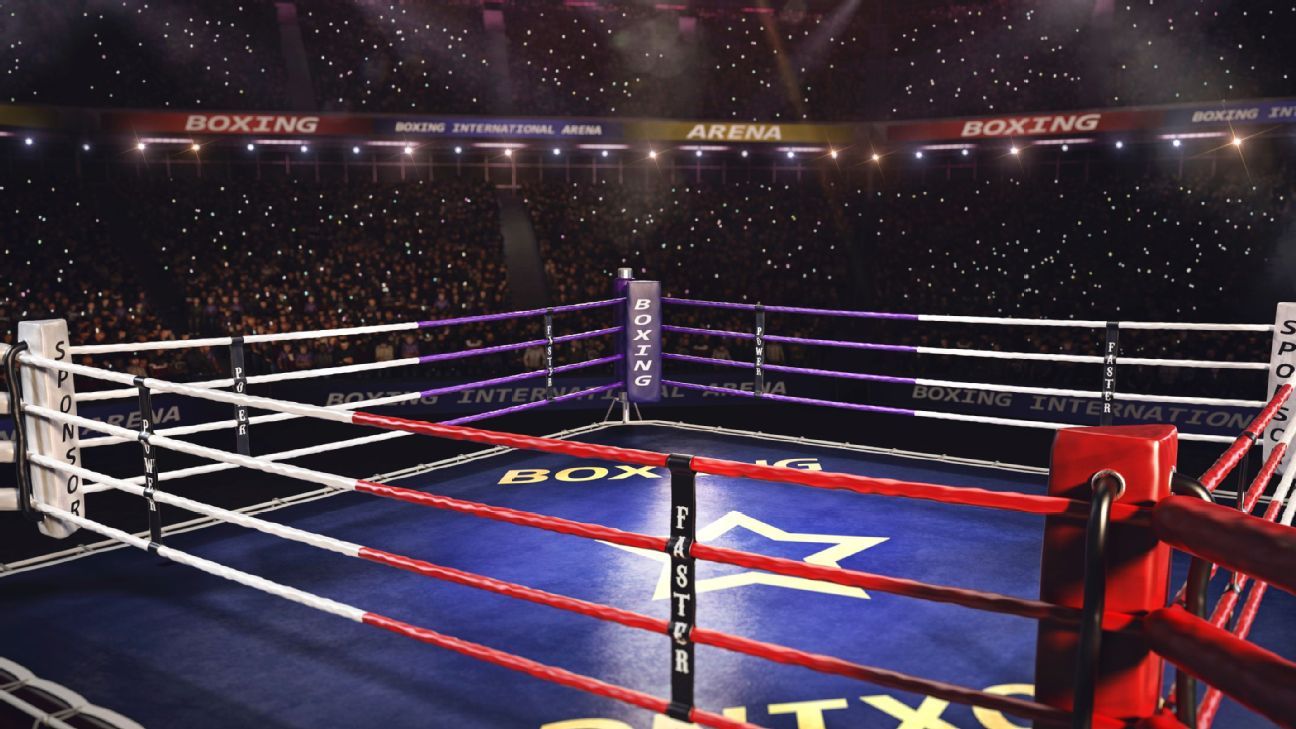The Florida State Boxing Commission has made a major change to its policy regarding cannabis.
At a meeting Tuesday, the commission voted to essentially eliminate marijuana from its prohibited drug list, Florida Department of Business and Professional Regulation spokesperson Patrick Fargason told ESPN on Tuesday. Previously in Florida, even trace amounts of cannabis found in a fighter’s system would lead to a suspension, fine and a victory getting overturned.
“We’re not testing for it,” Fargason said. “We’re not doing anything with it — period.”
The change was based on a recommendation from the Association of Boxing Commissions (ABC) medical advisory committee, as well as the UFC’s anti-doping policy run by the United States Anti-Doping Agency (USADA), Fargason said. He added that if a fighter is visibly impaired on fight night, the commission would take action. But Florida will no longer test for cannabis with regards combat sports competition.
Florida’s new rule would affect boxers and MMA fighters competing in the state. UFC 261 took place April 24 in Jacksonville, Florida and there were no suspensions for cannabis on that card, Fargason said. The rule voted on Tuesday will go into effect immediately, he said.
UFC senior vice president of athlete health and performance Jeff Novitzky testified at the Florida commission meeting Tuesday. He told ESPN that Florida’s new rule was “big” for combat sports athletes.
In January, USADA changed the UFC anti-doping policy, noting that there essentially will be no discipline for positive tests for cannabis unless a fighter is clearly under the influence of the drug on fight night.
“It would probably require visual signs if the athlete shows up at an event stumbling, smelling like marijuana, eyes bloodshot, things like that,” Novitzky told ESPN in January regarding the UFC’s new policy. “And that’s … something you rarely, if ever, see. I certainly haven’t in my six years with the UFC.”
Following the UFC and USADA’s rule change, the Association of Boxing Commissions (ABC) medical advisory committee released a statement recommending lesser sanctions for fighters who tested positive for cannabis.
The ABC medical advisory committee recommended that a first positive test for THC over 150 ng/ml (the World Anti-Doping Agency threshold) should only result in a fine of $100, which is an adoption of the California State Athletic Commission (CSAC) policy. The fines should escalate if a fighter tests positive for cannabis more than once. However, the ABC medical advisory committee does not recommend any state athletic commissions overturn victories, nor any suspension.
“The Committee further states that THC is not a performance enhancing drug, it is a performance suppressor and athletes who test positive for THC should not be punished in the same manner as an athlete that tests positive for performance enhancing drugs,” the statement read.
The committee will bring this recommendation to the other commissions at the annual ABC conference in July.
Nevada, the state where the UFC is based and where many major boxing events take place, still issues up to nine-month suspensions and overturns victories for positive marijuana tests over 150 ng/ml. Another major combat sports hub, Texas, suspends and fines fighters for even trace amounts of cannabis found in their systems.
